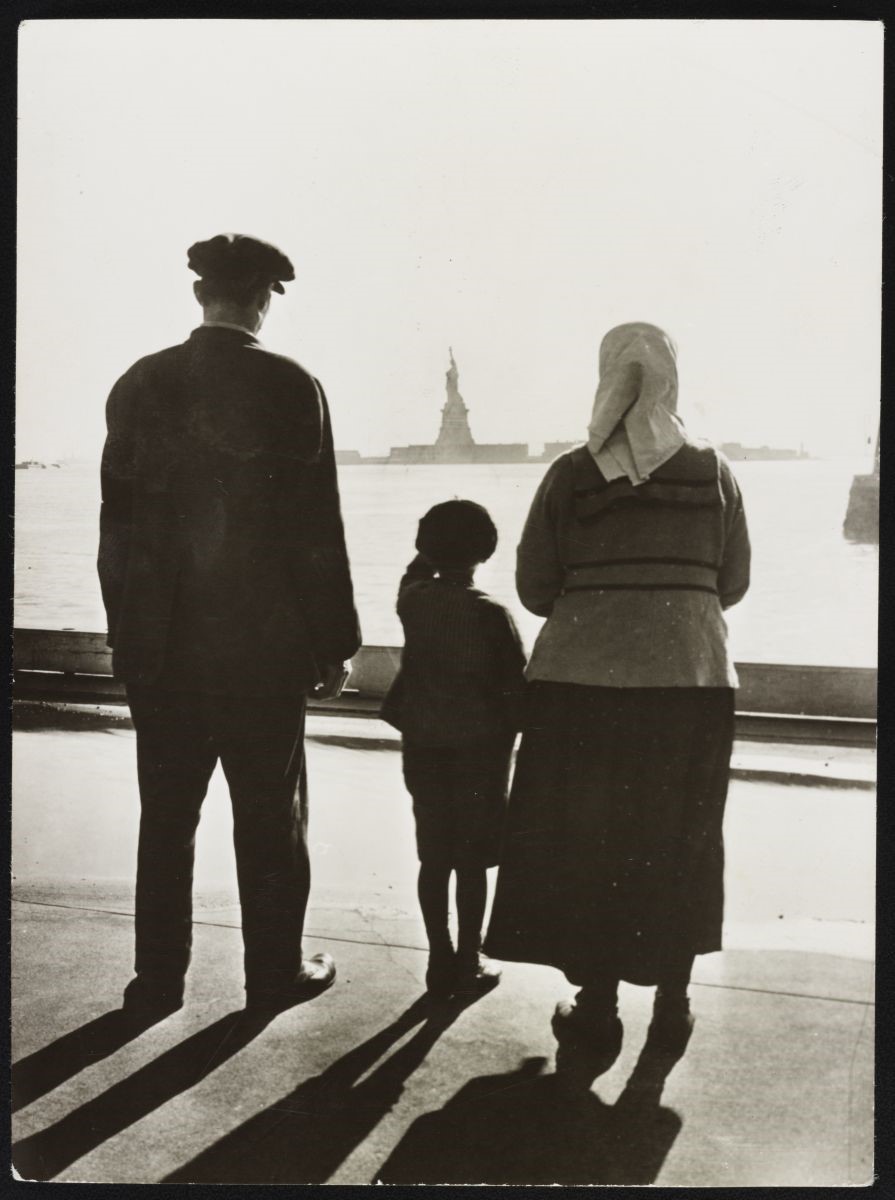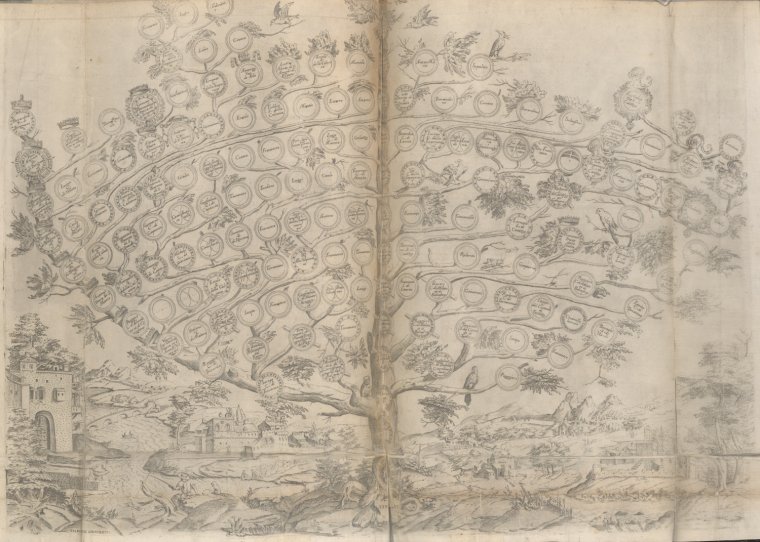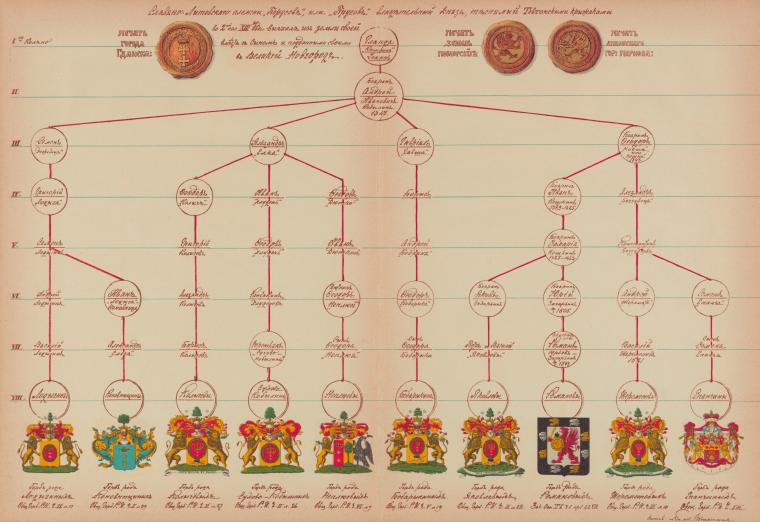Whether from stories passed down by their grandparents or from genealogical research conducted by an aunt, many people believe that they have some sense of where they come from. Often, however, there are gaps, inconsistencies, or contradictions in the story that can prompt questions. Did things really happen that way? Why were those decisions made? And, perhaps most importantly, what does it all mean?

These types of questions are often the starting point for professional family history research. That said, it is also important to recognize just how powerful a family story can be. More than a series of anecdotes or a family tree, a properly investigated and authentic family story can have a practical, wide-reaching impact. Again and again, research on happy, functional, and cohesive families has proven that the one thing they all have in common is their own strong family narrative. Or, to repurpose Tolstoy’s old adage, every unhappy family may be unhappy in its own way, but all happy families have a connection to a shared story.
For families facing generational change, this can be doubly important. In a recent report by the Economist Intelligence Unit, researchers found that “40 percent of family businesses globally will hand over the reins to a new generation in the next five years.” Using family history research to direct philanthropic giving is a wonderful way to ensure that younger generations will preserve and maintain the family's legacy in the future.
What this looks like in practice can vary considerably. Every family’s story is unique, and it can shape their philanthropic interests in profound and unexpected ways. For example:
- A man discovered that he was the carrier of a hereditary genetic disease and learned about how his ancestors had coped with the same disorder. He now gives to several research initiatives that aim to develop a cure for the disease, which has been a part of his family’s shared, generational struggle.
- An extended family with deep roots in the American South was surprised to discover a common ancestor who had openly opposed the Southern cause during the Civil War. Inspired by this ancestor’s unique story, the family made a significant joint gift to a prominent national institution to support new scholarship on the Civil War.
- Sisters were moved when they learned that their maternal ancestors had immigrated to the United States from Cuba as refugees in the 1960s. They now support refugee aid around the world and make trips abroad to publicly advocate for this cause.
- A woman learned that she had a great uncle who shared her passion for the culture of Australian aboriginal tribes. Previously unaware of this relative, the woman had supported causes related to indigenous aboriginal peoples for years. When she uncovered her great uncle’s drawings of aborigine life in the archives of a prominent historical society, she felt a powerful connection to the past that both validated and renewed her philanthropic commitments.
The idea that a family’s past can have meaning in contemporary philanthropy is nothing new. Today, we uncover family histories by conducting oral history interviews and research and analysis. Family history takes many different forms — one family may be interested in publishing a book, whereas another might benefit from creating interactive and digital media for next-generation family members — but the outcome for philanthropy is the same. Whether to honor a legacy, sustain a tradition, or address a wrong, family history allows families and individuals to give to causes and organizations that strengthen the family story.




